What They Don’t Tell You About Medical School: The Realities and Challenges Ahead
As you embark on your journey towards becoming a medical professional, there are several realities and challenges that await you. Medical school is not just about studying hard and acing exams; it’s also about managing the workload, dealing with emotional stressors, networking, finding mentorship, navigating the application process, considering finances, and preparing for residency and beyond. In this blog post, we will explore these topics to give you a better understanding of what to expect from medical school.
The Reality of the Workload
Medical school is no joke when it comes to the amount of work required. The course load can be overwhelming, and students often find themselves struggling to keep up. It’s essential to develop good time management skills early on in order to succeed. This means prioritizing tasks, setting goals, and creating a schedule that allows for breaks and self-care. Remember, burnout is a very real possibility, so make sure to take care of yourself both physically and emotionally.
The Emotional Toll on Students
Medicine is an intense field that requires a lot of mental and emotional strength. Many students struggle with feelings of anxiety, depression, and even suicidal thoughts during their time in medical school. It’s crucial to recognize these struggles and seek help if needed. Support groups, therapy, and counseling services are available at most schools to assist students who may be experiencing difficult emotions. Additionally, building relationships with peers and faculty members can provide much-needed support and encouragement.
The Importance of Networking and Mentorship
Networking and mentorship are critical components of success in medicine. Building connections with professionals in the field can lead to opportunities such as research positions, internships, and job offers after graduation. Finding a mentor who shares similar interests and values can also provide guidance and direction throughout one’s career. Make sure to attend events, join organizations, and reach out to professors or practicing doctors to start building your network.
Navigating the Application Process
Applying to medical school can be a daunting task. There are many factors to consider, including GPA, MCAT scores, letters of recommendation, extracurricular activities, and personal statements. It’s important to start planning early by researching different programs, attending informational sessions, and seeking advice from academic advisors or admissions officers. Be prepared to spend significant time perfecting applications and tailoring them to each individual program.
Financial Considerations for Medical School
Medical school is expensive, and many students face significant financial burdens while pursuing their degrees. Scholarships, grants, and loans are all options to consider when funding your education. It’s essential to create a budget and stick to it, avoiding unnecessary debt whenever possible. Additionally, exploring alternative payment models like loan forgiveness programs or service commitments can alleviate some of the financial strain.

Preparing for Residency and Beyond
Residency is another critical component of becoming a successful doctor. It’s essential to begin thinking about potential specialties and locations early on in medical school. Researching different programs, attending conferences, and shadowing professionals in various fields can help narrow down choices and prepare for the match process. Finally, remember to stay focused on long-term goals and continue learning and growing throughout every stage of training.
In conclusion, medical school presents numerous challenges and realities that require careful consideration and preparation. By developing strong time management habits, seeking emotional support when necessary, building networks and mentorships, navigating the application process, considering financing options, and preparing for residency and beyond, students can set themselves up for success in this demanding but rewarding field.






